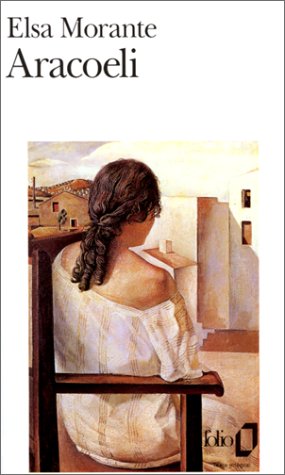Reviewed by Michael @ Knowledge Lost on
People that have a deep understanding of psychology would get more from Aracoeli than I did but what struck me is his obsession with his mother. I do believe that Manuel is a very unreliable narrator so all his thoughts and feelings have to be considered before discovering the truth. His self-loathing I could handle but I was often frustrated with his short-sightedness. It was difficult to like this character because I found myself constantly trying to analyse him, never sure if I was understanding who he truly was.
Aracoeli was an enigma as well, mainly because we are constantly inside Manuel’s had. I never felt like I was fully understanding this character, and when the novel talks about how she contracts an incurable disease (syphilis is implied) or how she was a nymphomaniac I spent more time wondering about her situation. She was a victim of her circumstances and the way women were treated. Reading Aracoeli felt more like sifting through all that is going on to find the truth, but that is part of its appeal.
If I am to compare Elena Ferrante to Elsa Morante, it would be in relation to the way both wrote about the treatment of women. Both wrote incredibly complex Neapolitan women trying to navigate their way through life. I think Ferrante is a much easier read but I might consider Morante a much more rewarding experience.
I do not begin to understand the complexity of Aracoeli and I know it will be many read throughs before I even scratch the surface. I love novels like this because they make you work for a much more rewarding experience. I may not understand Aracoeli now but I hope to in the future. There is so much despair and destruction in the book, but I find myself pondering it weeks after I finished it. I have to return to Aracoeli, it is the type of book that leaves you no other choice.
This review originally appeared on my blog; http://www.knowledgelost.org/book-reviews/genre/literary-fiction/aracoeli-by-elsa-morante/
Reading updates
- Started reading
- 14 September, 2018: Finished reading
- 14 September, 2018: Reviewed
